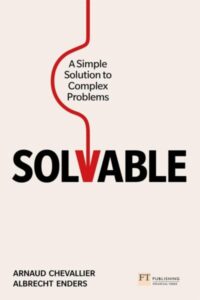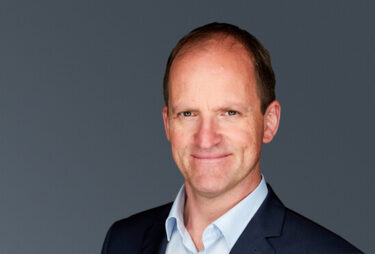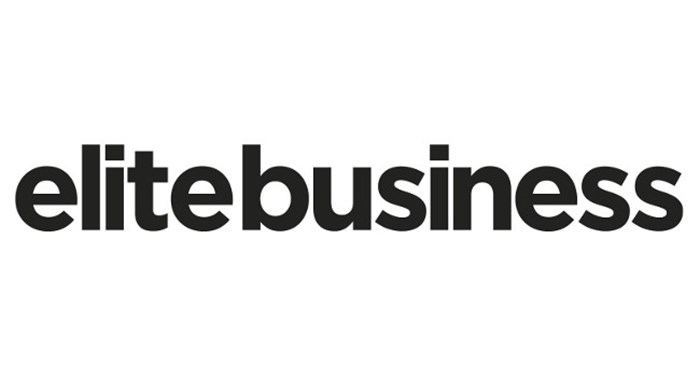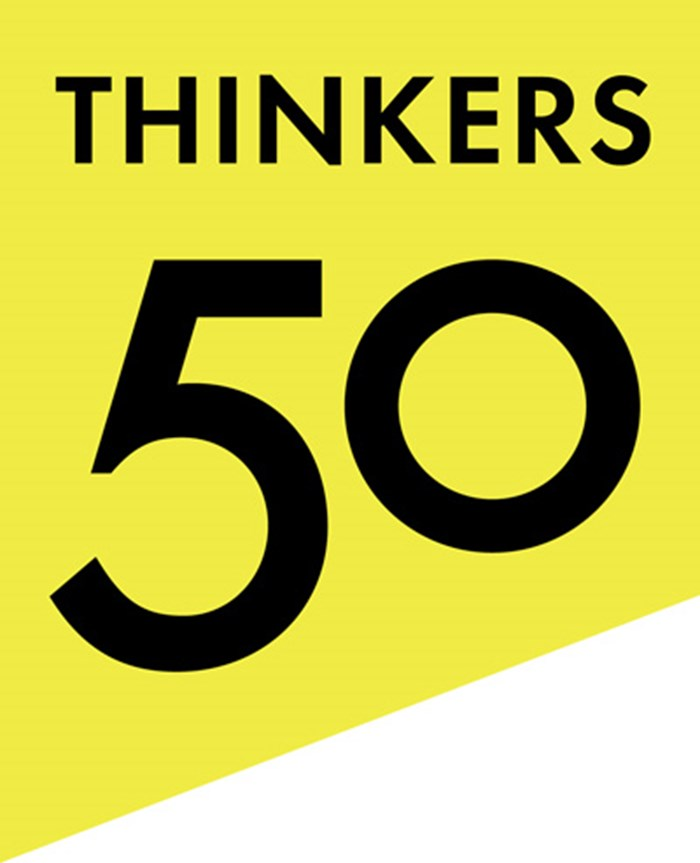Problem solving skills are in high demand, yet we’re not taught how to develop and apply these skills appropriately. Solvable offers a simple solution with a 3 -step process—Frame, Explore, Decide—and concrete tools that you can use to become a better problem solver and successfully engage relevant people, whatever the challenge you face.
Discover a three-step process for complex problem solving: Frame, Explore, Decide
- Find practical, concrete tools that managers and executives can use to become better problem solvers in any situation
- Build high in-demand problem-solving skills that employers are looking for
- Learn evidence-based skills built from management, psychology, medicine, engineering, and design research
A 3-step process for solving complex problems of any kind.
Try the free online problem solving tool- The DragonMaster app guides you through the 3-step process so you can solve your problem online.
Preview
NEW – Get the book in Audio format
Research Information & Knowledge Hub for additional information on IMD publications
Research Information & Knowledge Hub for additional information on IMD publications
Research Information & Knowledge Hub for additional information on IMD publications



















